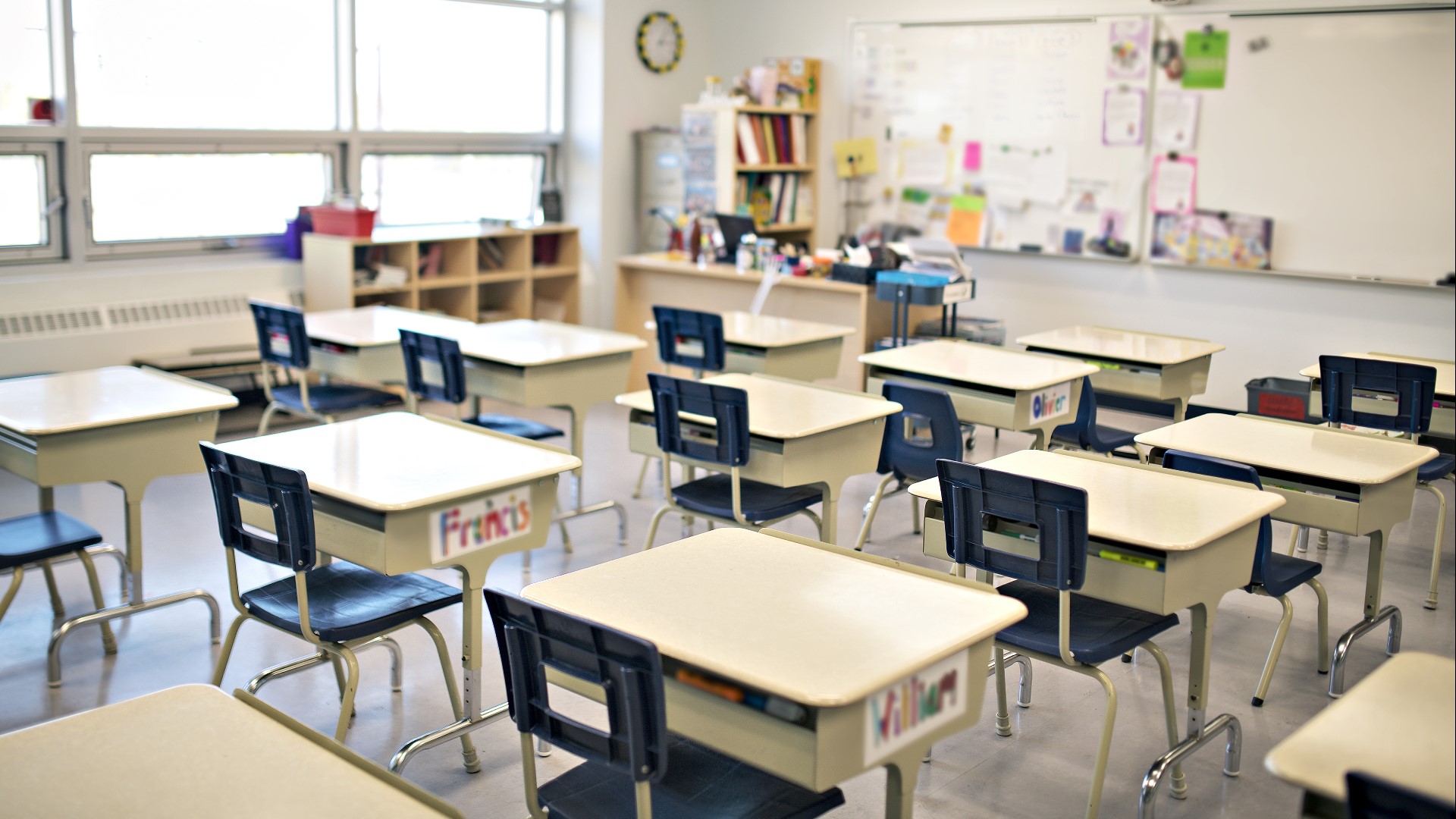GREENWOOD, Ind — By now, we're all familiar with the woes of e-learning. While many students have made the slow transition back to the classroom, the memories of virtual learning are still fresh on their brains.
"It's really hard because I don't have a teacher in the classroom to ask questions," Greenwood fourth grader Dominic Burrell shared as he's been navigating elementary school from behind the computer screen.
E-learning made school a bit tougher with his learning disability.
"It means that I see words and I jumble them up, but I'm getting a lot better at reading the words," Dominic said.
Like a lot of parents, his mom, Kortney, had to become more hands-on this year to help Dominic manage some of the struggles brought on by his ADHD and dyslexia. Although Dominic is back in the classroom, she joins countless other parents in helping her student play catch-up.
Experts say that chances are if your child was struggling with school before COVID, that learning gap only widened as students abruptly left the classroom.
"We're talking about for an entire year, some kids that have really had some holes in their educations," said Jennifer Brinker, assistant principal at Greenwood Middle School.
So, you notice your child's grades are slipping. Now what?
Brinker says the first step is evaluating the "why" behind your child's difficulties.
"Try to identify if your child can't do the work or if they are not doing the work," Brinker said. "I find a lot of families that come to me and say their child is struggling, we see that there are a lot of zeroes, and there are a lot of missing assignments."
When it comes to filling in those gaps at home, consider setting the technology aside and get back to the basics.
The Sylvan Learning Center suggests parents:
- Make sure your child is reading 20 minutes a day or read with them if reading is a struggle.
- Create games or flashcards to engage your child's math brain.
- Consider a homeschooling/tutoring model.
Continuous learning is key — and you can ask for help.
It's nice to get a tutor who's not mom or dad, but there are free resources, such as your child's teacher.
"We are very experienced in helping catch kids up and finding kids that are struggling," Brinker said. "But the problem is that it is just going to take some time".
Pack your patience, and don't expect an instant fix after nearly a year of learning challenges.
Another pro-tip for parents: Keep a positive attitude because that will affect how your kids feel about learning and their progress.

